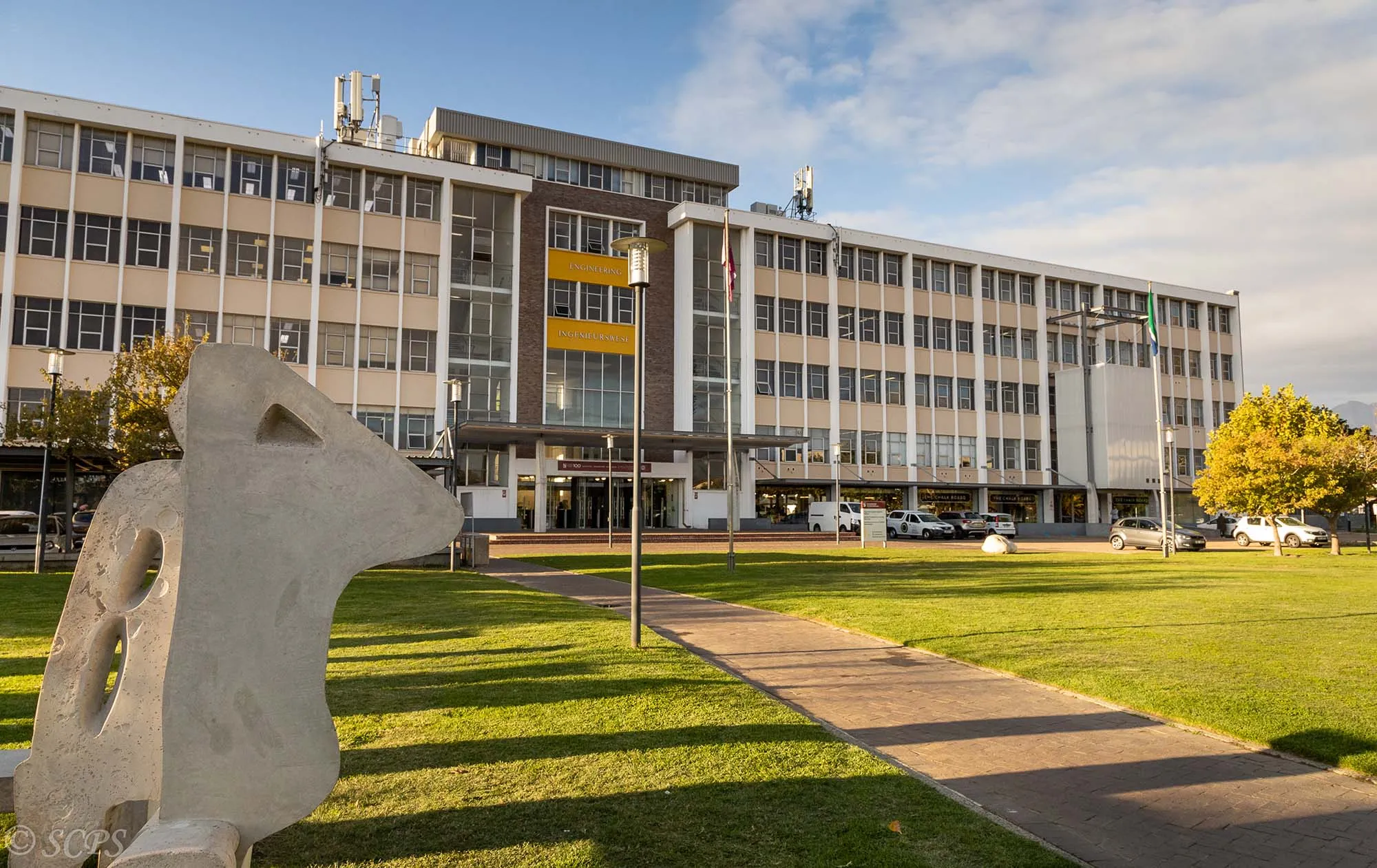The results of the US3.2 million European Union (EU research project Security of Road Transport Networks (SeRoN) have been published by software and consulting services provider PTV Group and its seven partners. The report presents a methodology which allows planners to identify critical bridges and tunnels and to develop appropriate protection measures. As part of the EU’s 7th Framework Programme, the SeRoN project investigated the security of tunnels and bridges. To this end, the project partners develop
March 21, 2013
Read time: 2 mins
The results of the US3.2 million 1816 European Union (EU research project Security of Road Transport Networks (SeRoN) have been published by software and consulting services provider 3264 PTV Group and its seven partners. The report presents a methodology which allows planners to identify critical bridges and tunnels and to develop appropriate protection measures.
As part of the EU’s 7th Framework Programme, the SeRoN project investigated the security of tunnels and bridges. To this end, the project partners developed a four-step approach: In a first step, the users identify and classify the tunnels and bridges that are relevant for the risk assessment within the selected study area. In step two, the network importance of the previously filtered infrastructure object is determined by means of a transport model (e.g. PTV Validate). Step three assesses the risk on the basis of a quantitative risk analysis (QRA). The risk assessment is based on specific scenarios (e.g. a truck fire in a tunnel) in order to be able to assess the impacts of an incident on the road user, the infrastructure object and the surrounding transport network. In a final step, the cost-effective protection measures are analysed.
"We have developed an innovative methodology for the analysis and assessment of road networks and infrastructure objects as part of the SeRoN project," says project manager Dr Ing. Georg Mayer, PTV Group. "This method provides road network operators and owners with a holistic approach to the identification of critical road infrastructures, thus allowing them to strengthen the security and resilience of their infrastructure."
"A major advantage of the four-step approach is the modular structure of the methodology, which means it can be implemented step by step," says Ingo Kaundinya, head of division, Bundesanstalt für Straßenwesen (BASt/1938 German Federal Highway Research Institute), which supported the project. "Moreover, the methodology was tested thoroughly by our research institute. For the validation, we had access to a wealth of technical data on roads and infrastructure objects throughout Europe." BASt now wants to introduce this methodology to both road construction authorities and private operators.
As part of the EU’s 7th Framework Programme, the SeRoN project investigated the security of tunnels and bridges. To this end, the project partners developed a four-step approach: In a first step, the users identify and classify the tunnels and bridges that are relevant for the risk assessment within the selected study area. In step two, the network importance of the previously filtered infrastructure object is determined by means of a transport model (e.g. PTV Validate). Step three assesses the risk on the basis of a quantitative risk analysis (QRA). The risk assessment is based on specific scenarios (e.g. a truck fire in a tunnel) in order to be able to assess the impacts of an incident on the road user, the infrastructure object and the surrounding transport network. In a final step, the cost-effective protection measures are analysed.
"We have developed an innovative methodology for the analysis and assessment of road networks and infrastructure objects as part of the SeRoN project," says project manager Dr Ing. Georg Mayer, PTV Group. "This method provides road network operators and owners with a holistic approach to the identification of critical road infrastructures, thus allowing them to strengthen the security and resilience of their infrastructure."
"A major advantage of the four-step approach is the modular structure of the methodology, which means it can be implemented step by step," says Ingo Kaundinya, head of division, Bundesanstalt für Straßenwesen (BASt/







